We spent the first three months in Europe. Remembrances of that time are numerous, varied and vivid and it is very hard to nail down a specific highlight or even two. Because of this, I thought I would share some, but not all, of the many memorable times to provide a sense of what we did, saw, and experienced.
Our first stop was Edinburgh where we visited our son Matt. He was doing an exchange term at the University of Edinburgh as part of his final year in UBC Law. Weather cooperated so we were able to enjoy this very walkable historic city, including a short trek to the top of Calton Hill for a fine panoramic view of Edinburgh (Figure 1) and the many spires and chimney pots across the city prominently on display. It was always easy to reward and refresh ourselves with a pint at any number of local establishments (Figure 2).
We then flew to Madrid, our first stop in Continental Europe. Madrid is a vibrant city and a joy to explore on foot. Madrid is blessed with a triumvirate of amazing museums (the Prado, the Thyssen Bornemisza, and the Reina Sofia) all within very close proximity, where one can view masterpieces such as Picasso’s Guernica and Hieronymus Bosch’s triptych The Garden of Earthly Delights. A particular memory was stumbling unexpectedly on traditional flamenco being performed in a small neighbourhood bar (Figure 3). Matt joined us in Madrid and together we toured Santiago Bernabéu Stadium, home of Real Madrid, and attended a Champions League Quarter Final match between Atletico Madrid and Leicester. The home team was victorious and, perhaps needless to say, some Leicester fans were true to form, battling police in plazas filled with tear gas at night.
Madrid was the starting point of a three-month, >9000km road trip in a small boxlike car, the Citroen C3 Picasso (think Kia Soul). Our journey took us across southern Spain, a good chunk of Portugal, northern Spain, southern France, and portions of Germany. Ever winding country roads and maze-like urban streets, all seemingly too narrow for two cars to pass at the same time, seemed to be the norm. I was very thankful all countries we visited drove on the same side of the road as here in Canada. We found ourselves reliant upon (or dare I say at the mercy of) always friendly female voices from the car’s GPS or our iPad’s Google Maps whose instructions were frustratingly often wrong.
We headed south from Madrid toward Andalusia first passing through the Plains of La Mancha, the land of Don Quixote with its windmills (Figure 4) that he so gallantly “tilted” at. Andalusia is a place of sun, fiestas, flamenco, and bullfights. It is also a place where Islam and Christianity collided; the results of which can be seen in Cordoba with its Mezquita, a former mosque now a cathedral, and Granada with the Alhambra, an impressive Moorish palace and fort complex, as well as the many white villages in the region.
An unplanned yet remarkable experience was Semana Santa. This roughly translates to Holy Week, an event that occurs every year throughout Spain the week before Easter and is celebrated with particular fervor in Andalusia.




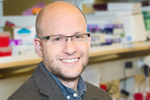

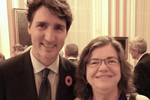
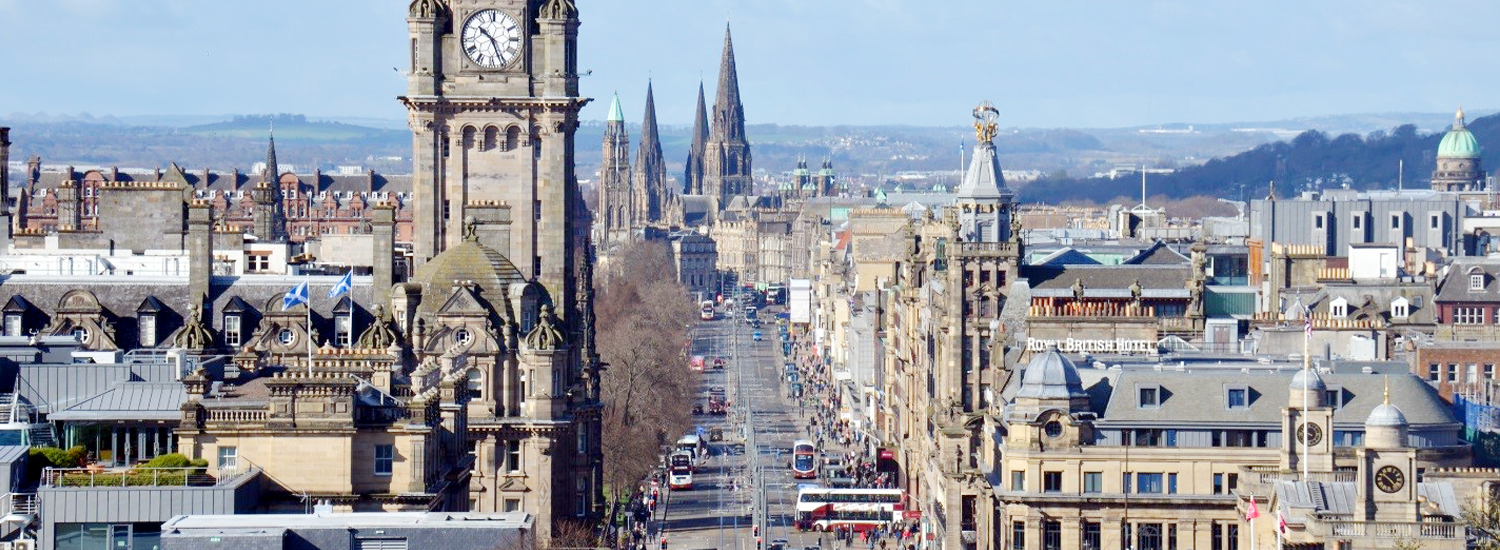
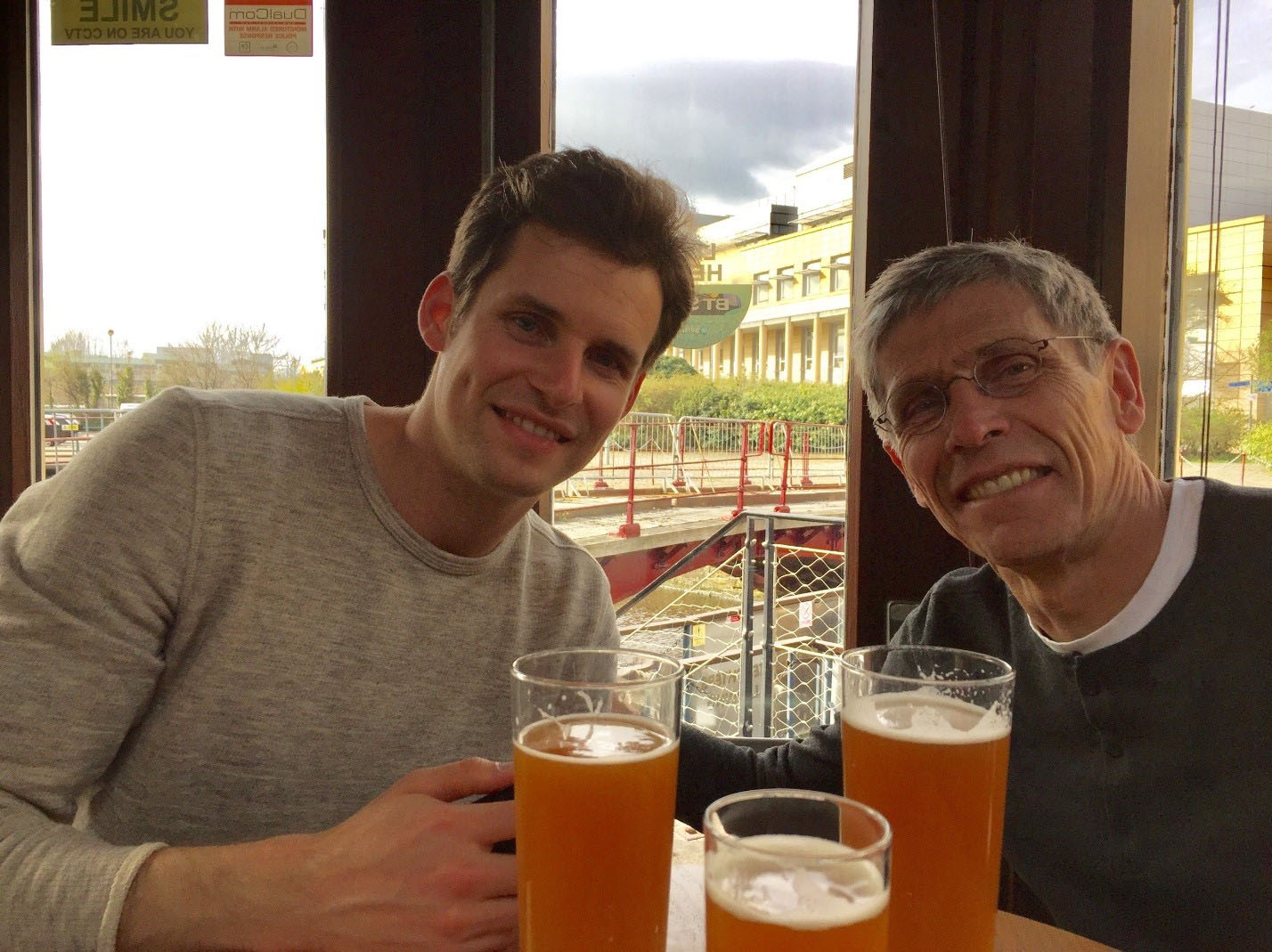

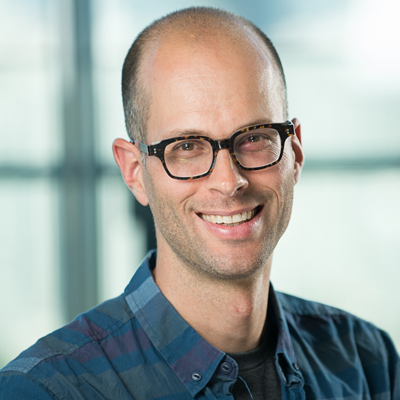
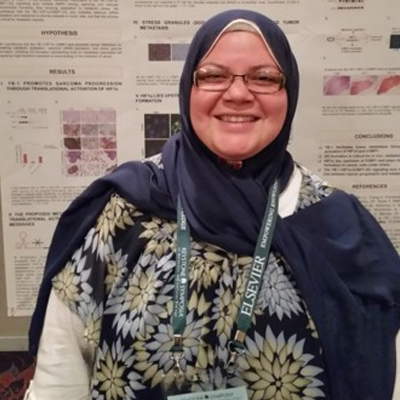

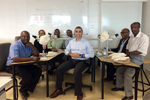
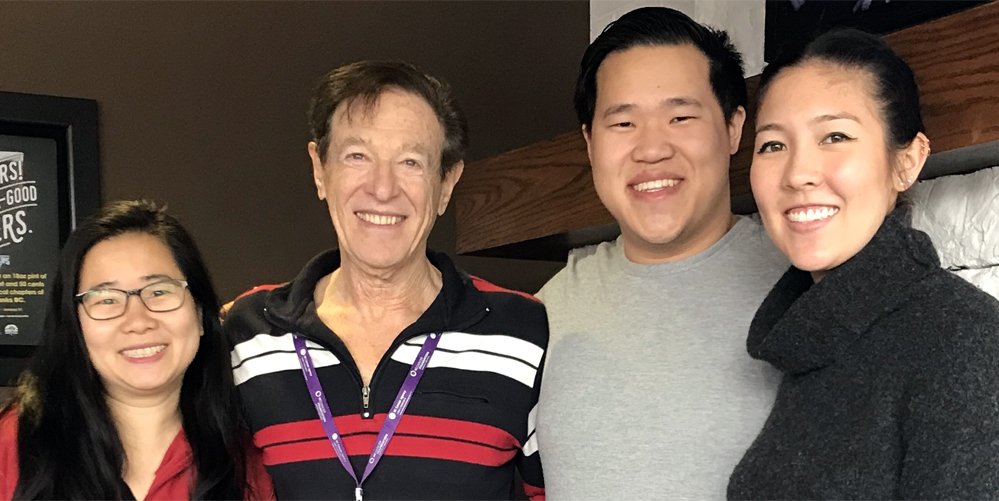
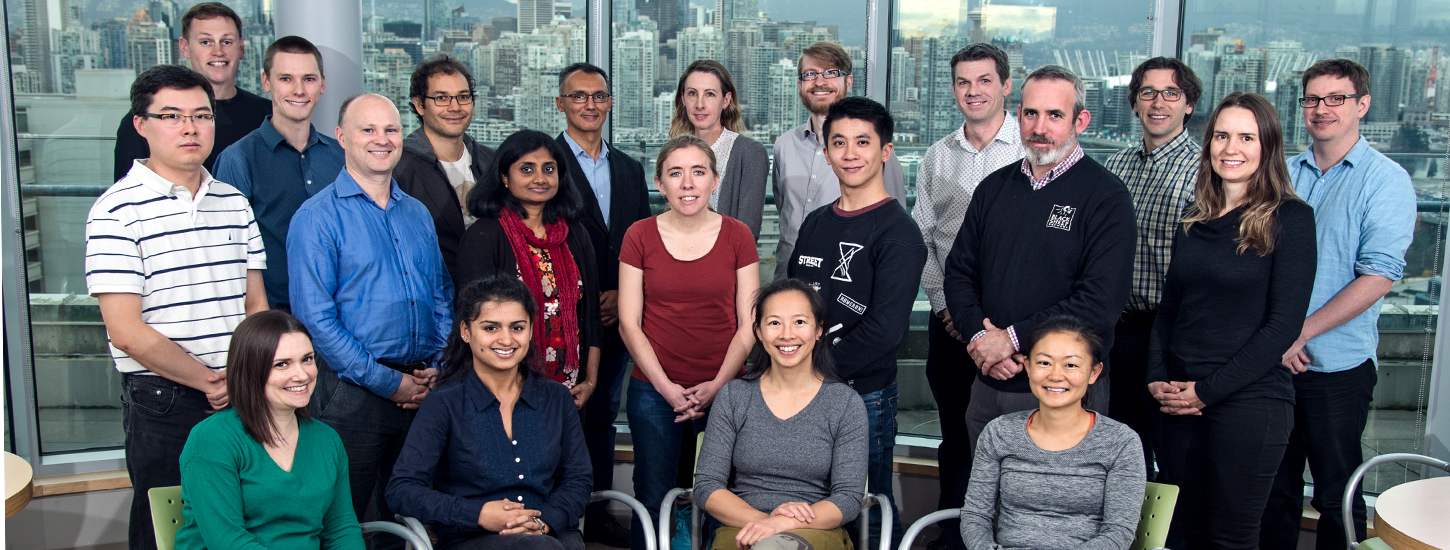
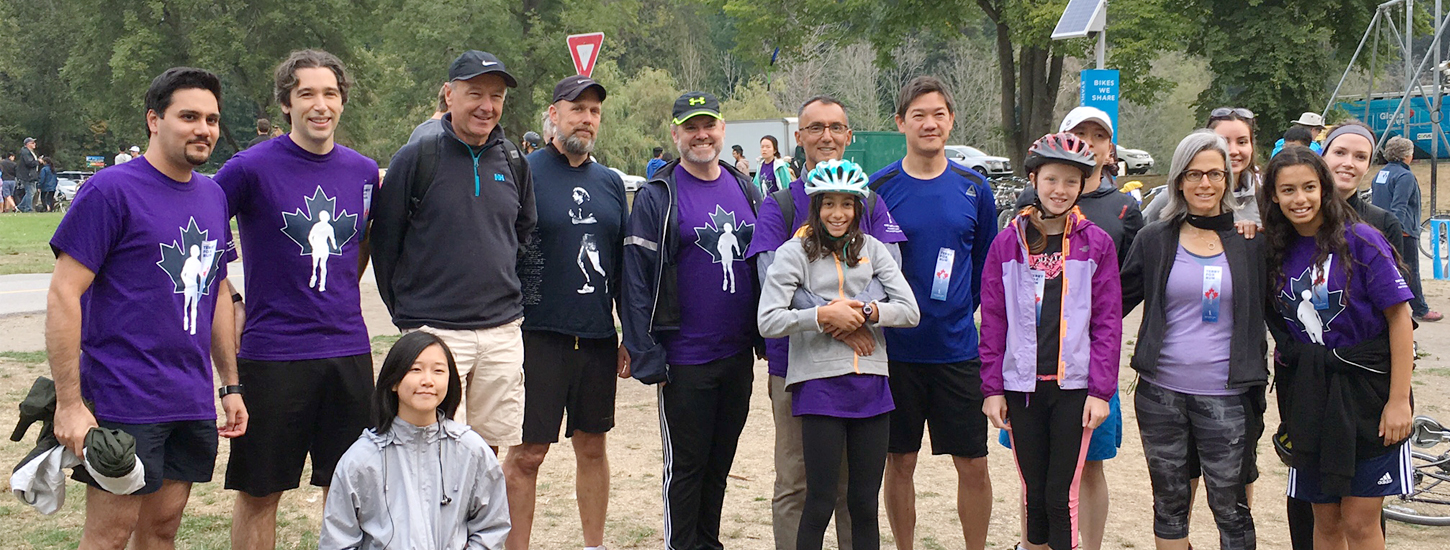
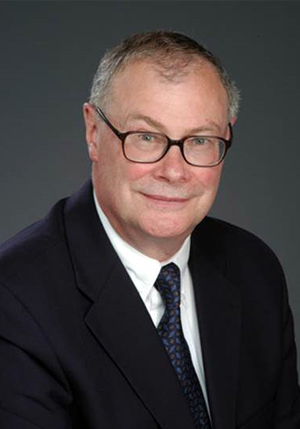
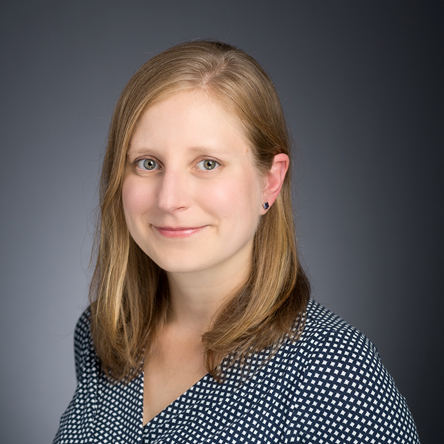
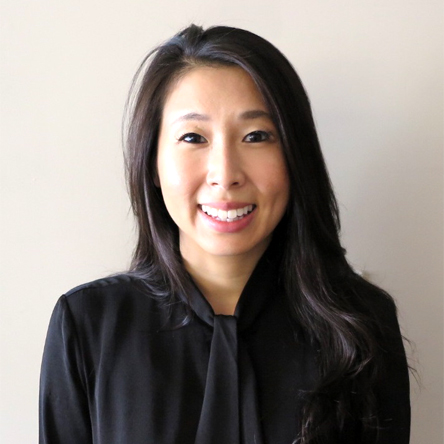
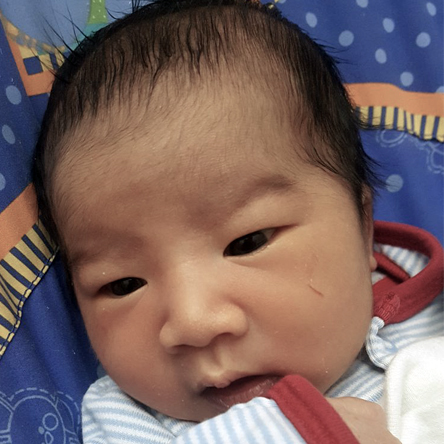
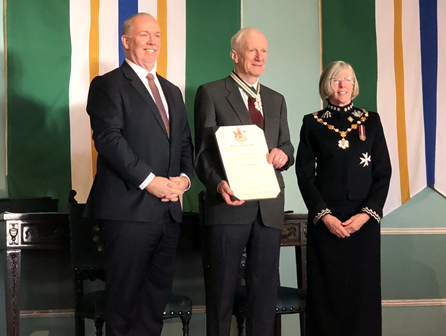
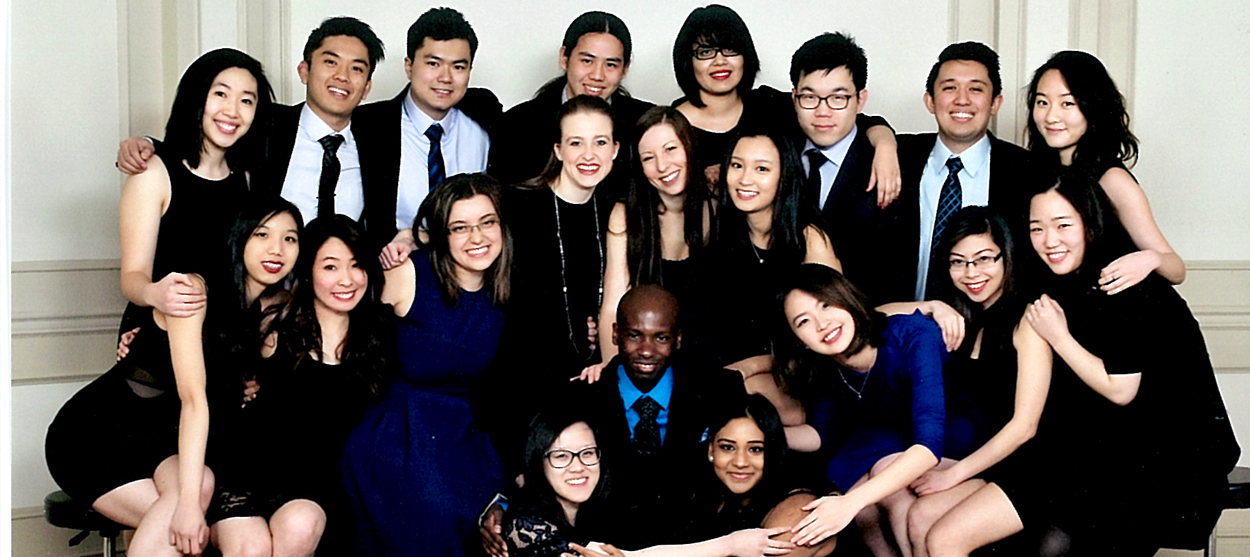




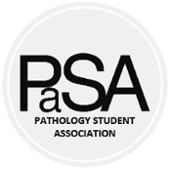
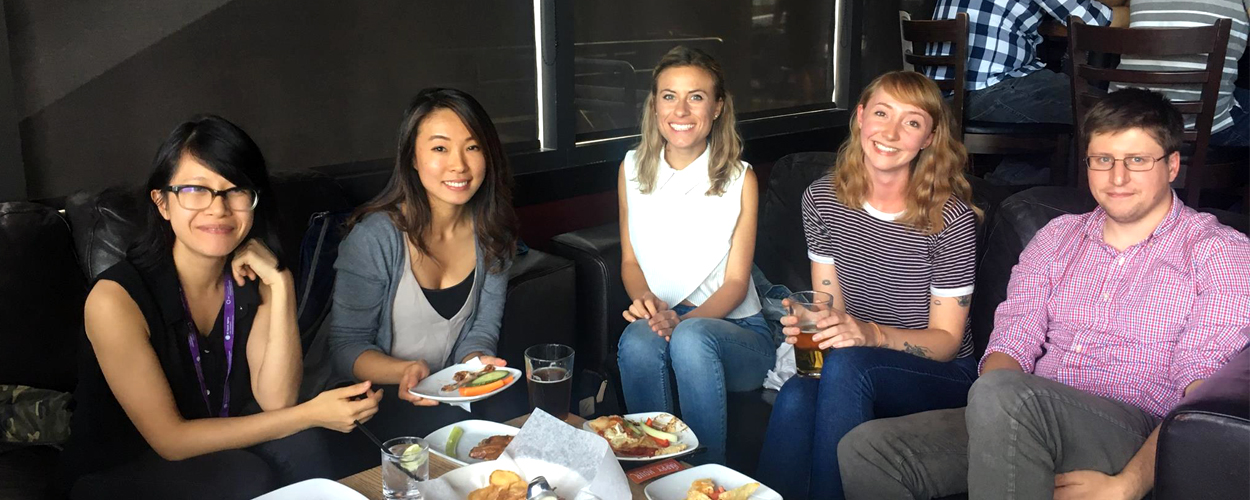

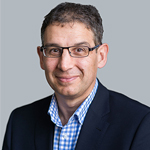
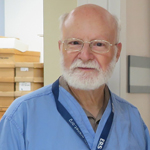
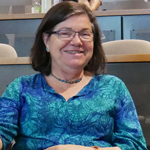


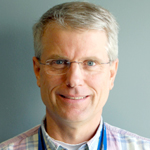
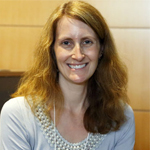

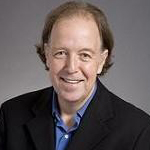


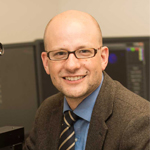

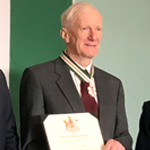
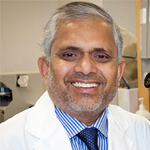
Social Events
2017 Halloween at VGH
On October 31 2017, Dr. Michael Nimmo, VGH Pathologist, Vancouver Coastal Health (VCH) Autoimmune Laboratory Director, UBC Pathology Residency Executive Program Director, and unofficial VGH Pathology Hallway Monitor, woke up in his Dunbar mansion. As he was riding the elevator down to his kitchen, he made a mental note to install Muzak in his elevator before his housewarming party in early 2018, at which time he plans to invite his pathology colleagues, students, and mentees, to a feast containing his favorite foods – namely sushi, dim sum, curry, and falafel.